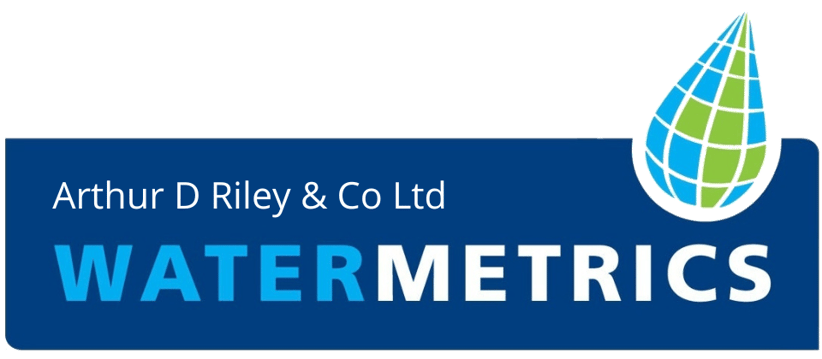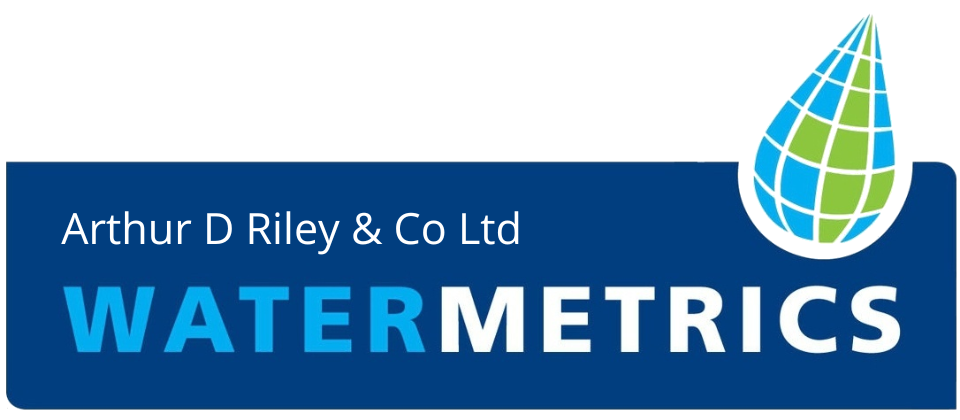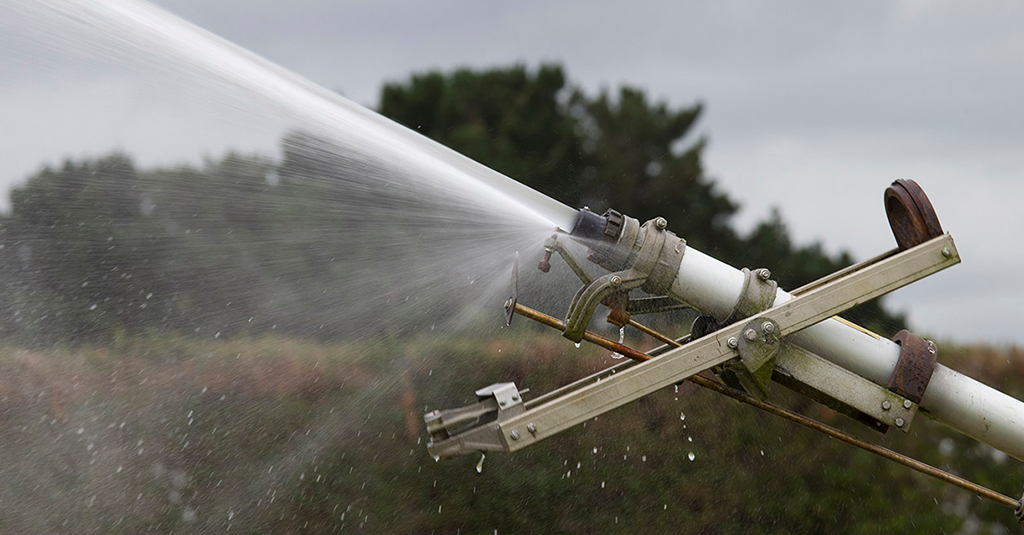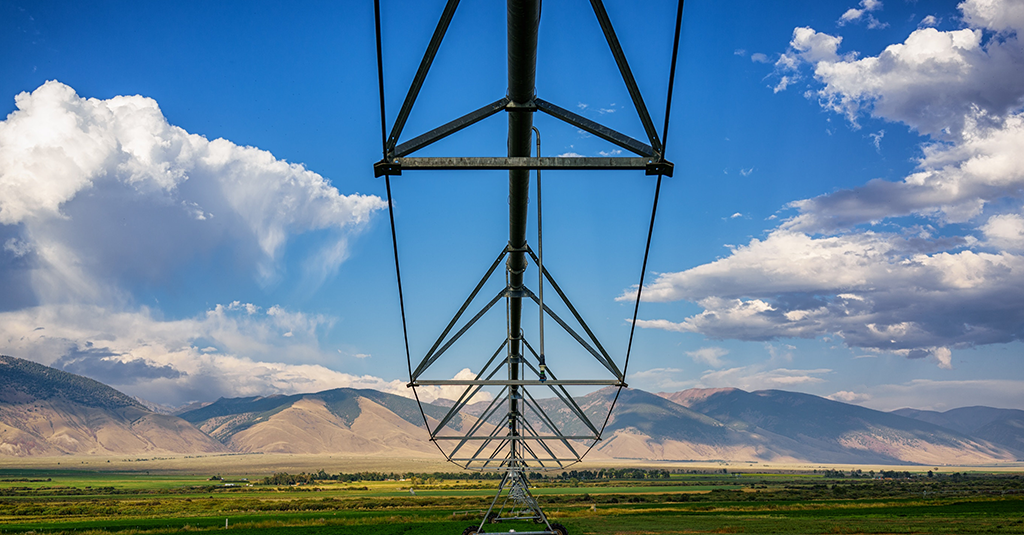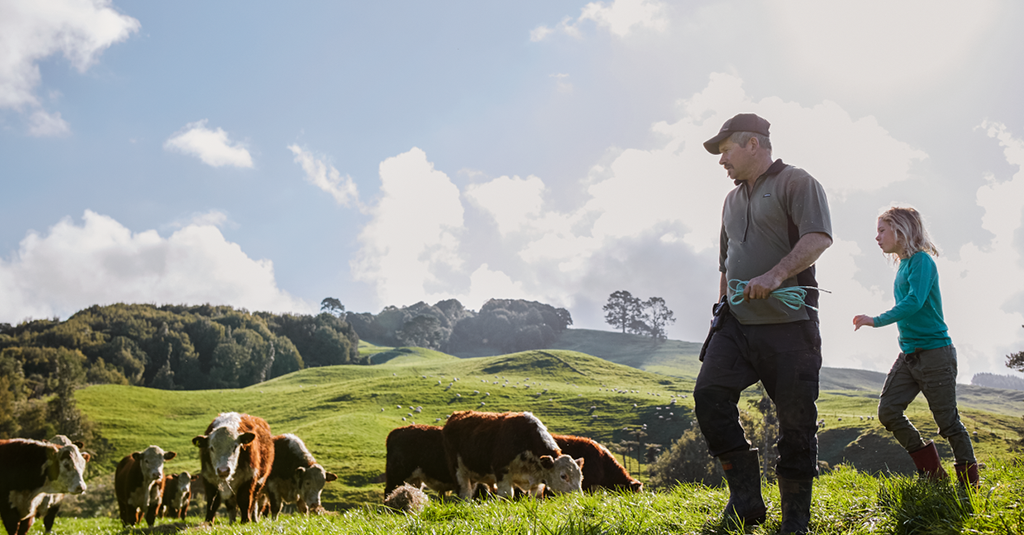We live in a continually changing world, both economically and environmentally. And most people recognise the importance of having a clean country in which to live our lives. To that end, we have Councils entrusted with generating regulations and legislation to ensure our environment is protected.
Those in the primary sector – particularly agriculture and horticulture farmers – have taken a few shots with those that claim their operations are environmentally destructive. The fact is, New Zealand has this land on which food can be grown, dairy products generated, and meat raised. People around the world need food, which is why these exports are the backbone of the New Zealand economy. They’re a major source of revenue, and to grow and raise that food we need fertiliser, pesticides and water. The organic movement, while making some headway, is not producing enough at this stage.
Fertiliser and pesticides can end up in groundwater and streams. Irrigation can reduce aquifers, change rivers and can, through overuse, leach fertiliser and pesticides into our waterways and aquifers. These are some of the environmental challenges Councils are tasked with meeting.
Environment and economics working together
Trying to strike a balance between a clean environment and the economic benefits of food production or farming is not an easy task. As a tool, Councils use the Overseer model to assist in how farms are operating in relation to losses. Overseer performs well in areas such as specific crop management, but it’s still evolving in other areas. For example, it was knocking legumes because they added nitrate, but the reality is that legume crops need nitrate. If it’s applied as urea, it’s a very polluting industrial process. To their credit, Overseer are working on ways to resolve conflicts like this.
Councils have to make rules. They could limit nitrogen use or enforce the information Overseer provides, which would be very restrictive to farming practices.
The best scenario is for Councils and Auditors to listen to good farming practices to gain a better understanding of what can be achieved. Our farming community is coming up with the science, ideas and practices that totally fit the concept of a clean environment. In the past, there have been circumstances where in hindsight, too many damaging substances were used, but more recently, there are now best practice methods for farmers to follow – and they do. A good example is the development of a plan for growing potatoes by their national body that ensures no damaging results and this plan can be used for any Council in the country.
How Watermetrics can help enhance our environment and ensure farming prospers
The fact is that good farming can prosper and enhance our environment at the same time. It’s an area that Watermetrics has invested heavily in, and we are here to provide the equipment, data and management tools to achieve success.
It’s about using proper equipment to supply real time data for the measurement of farming activities. The management of water is very important because both over and underuse cause problems.
Our meters, moisture probes and climate equipment record all the activities in this regard. Overuse of water can wash out nutrients, while underuse can cause yield loss. Sound irrigation can save a lot of water, which in turn reduces costs and protects the environment. Yields and quality improve with correct irrigation.
Using our data, farmers can demonstrate how they’ve grown a sound crop, and that even if they have used a lot of inputs, they’ve managed them without degrading the environment.
When farmers have this information readily available, Regional Councils will have difficulty arguing that they’re not complying with regulations.
Contact the Watermetrics agronomy team to discuss how our equipment data management and irrigation knowledge can benefit your farming operation while protecting the environment.
